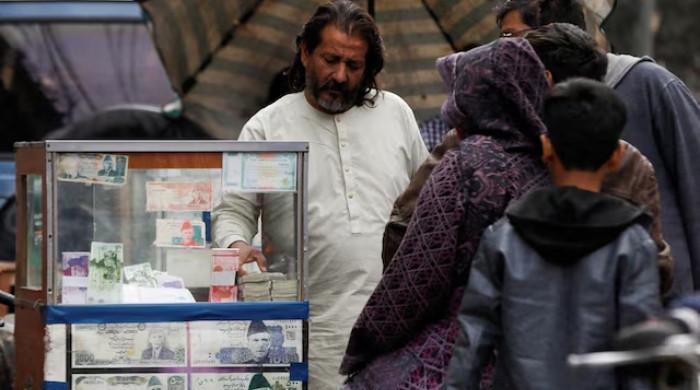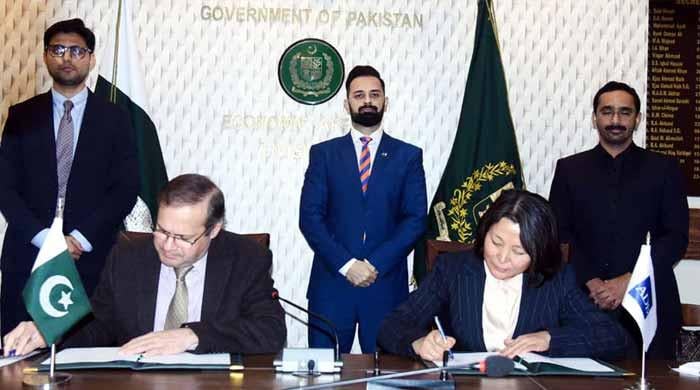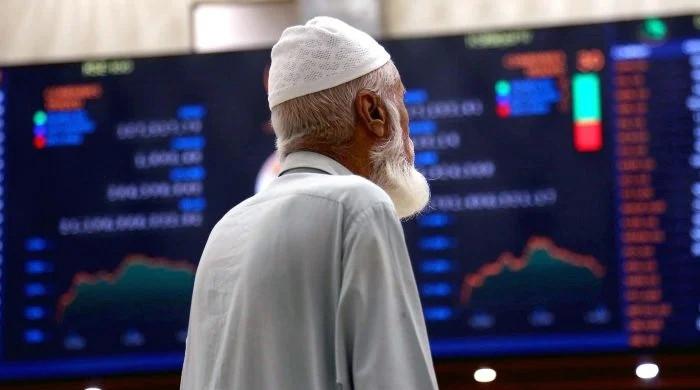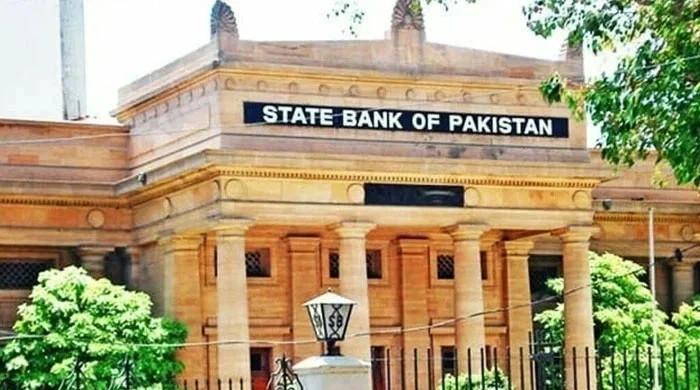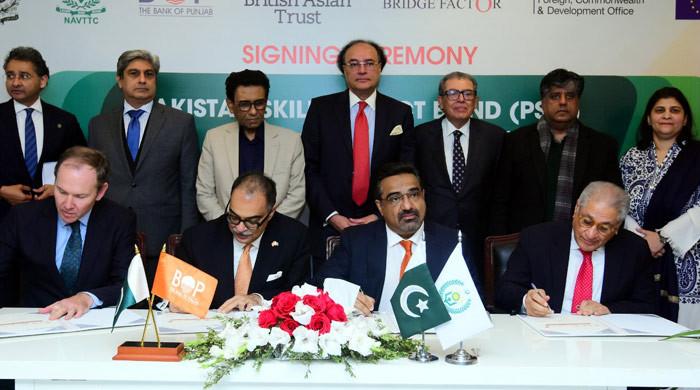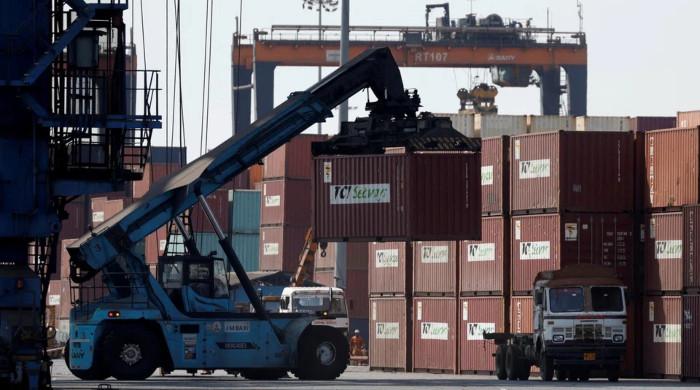British investment agency eyes entry into Pakistan's energy sector
British International Investment delegation hails govt's initiatives to stabilise economy, boost FDI environment
July 12, 2024
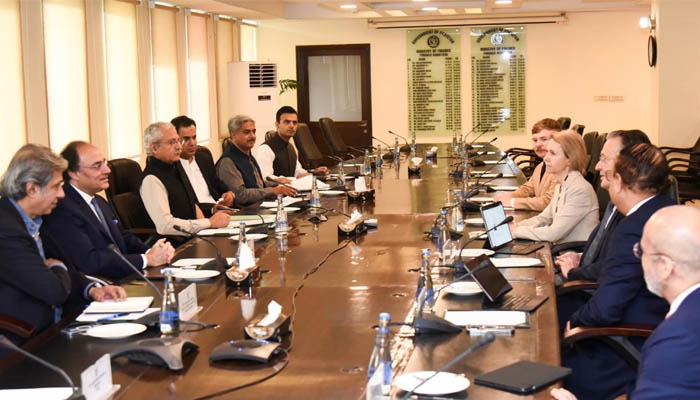
To make the most of Pakistan’s improving macroeconomic indicators and highly attractive investor-friendly policies, a British investment institution is eyeing entry into Pakistan’s energy sector, particularly in improving the transmission system.
According to an official statement, an interest to this effect was expressed by a delegation from the British International Investment (BII), the UK's development finance institution, during a meeting with the Federal Minister for Finance and Revenue Senator Muhammad Aurangzeb at the Finance Division on Friday.
The BII, a premier investment company of the UK, is at the forefront of providing handholding assistance to businesses in developing countries being an impact investor with a mission to help solve the biggest global development challenges by investing patient, flexible capital to support private sector growth and innovation.
The meeting was attended by CEO BII Nick O’Donohoe, Chairperson Diana Layfield, MD & Head of Asia Srini Nagarajan, Regional Director South Asia Habib Yousaf, Development Directors Alex Woods and Jo Moir, Senior Economic Advisor Louie Dane, and officials from the Finance Division, according to a news release.
During the meeting, the finance minister provided the BII officials with an overview of Pakistan’s improving economic landscape, including a GDP growth rate of 2.4% for FY24, which is expected to improve to about 3.6% in FY25.
He also informed them about the buildup of foreign exchange reserves to Rs9.4 billion, revived investor confidence in the capital markets, a decrease in CPI inflation to 12.6% in June 2024, and an increase in foreign remittances by 7.7% compared to last year.
Senator Aurangzeb highlighted the successful completion of a 9-month Stand-By Arrangement (SBA) with the International Monetary Fund (IMF) and the government’s commitment to achieving sustainable economic growth in the future under a Fund-supported medium-term programme, for which negotiations are underway.
The finance czar also underscored that increasing the Tax to GDP ratio to about 13.7% in the medium term is a priority for the government, through increasing the tax base and the end-to-end digitisation of the Federal Board of Revenue (FBR).
The top economic executive further outlined the initiatives being undertaken in the energy sector to reduce the cost of generation and the privatisation of DISCOs (power distribution companies).
It was also highlighted that the government is working on state-owned enterprises (SOE) reforms, privatisation, rightsising the government departments, and bringing in investment through public-private partnerships.
The importance of foreign direct investment (FDI) was discussed, along with the role of the Special Investment Facilitation Council (SIFC) in attracting FDI in priority areas such as the energy sector, agriculture sector, and IT sector.
The delegation appreciated the government’s initiatives to stabilise the economy and enhance the investment environment. They also expressed interest in investing in the energy sector, particularly in advancing the transmission system.
The finance minister encouraged the delegation to engage with the SIFC, highlighting it as a pragmatic platform that attracts foreign investments and provides a streamlined process for investors.




